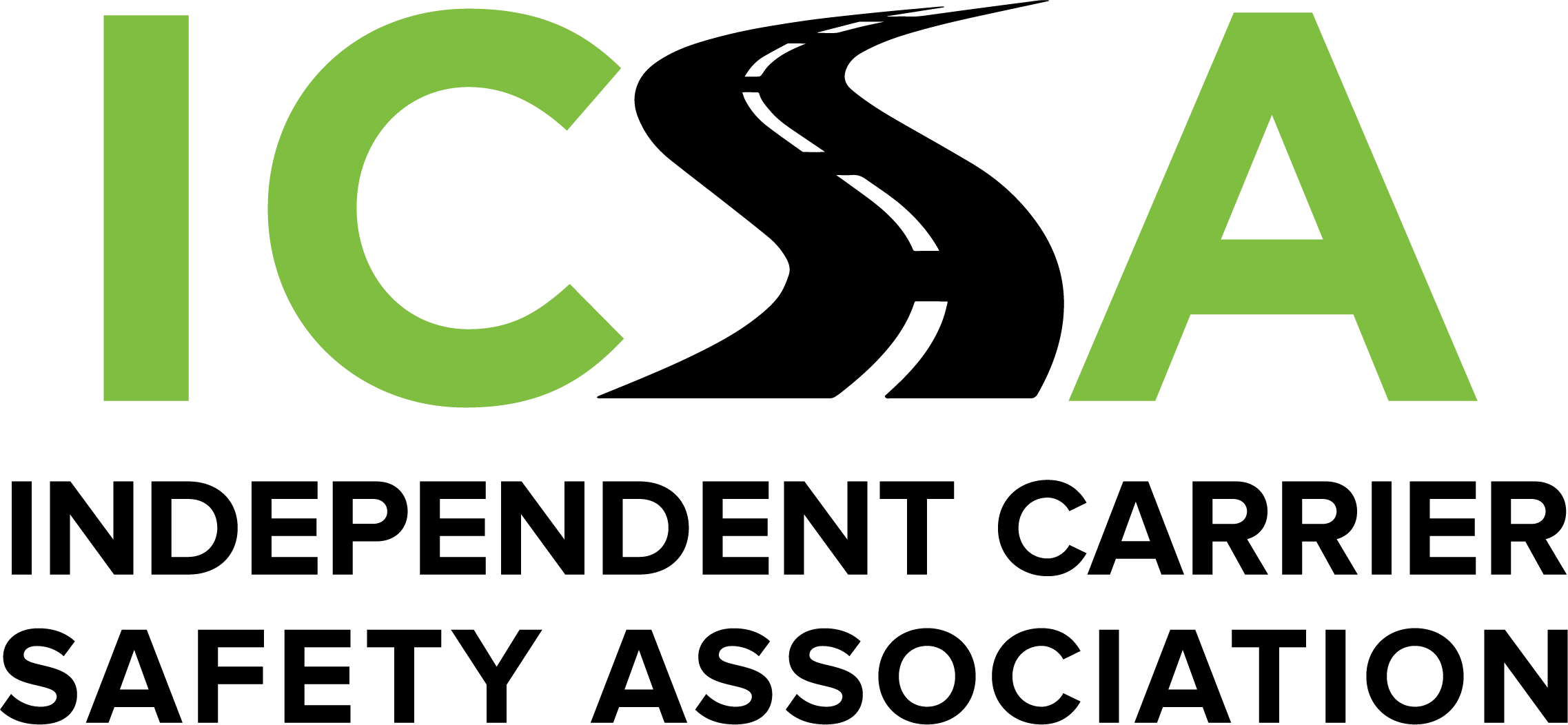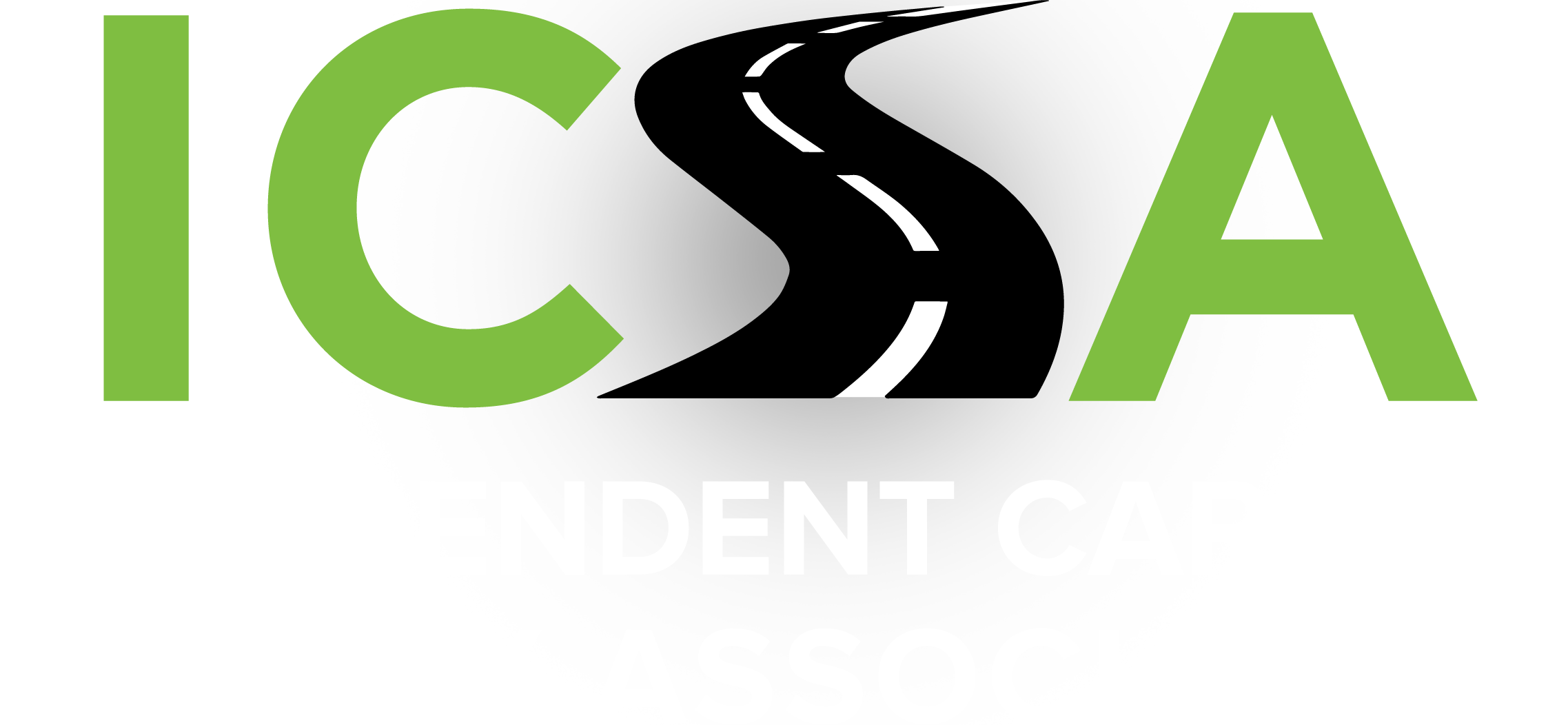In response to the ongoing COVID-19 national emergency, FMCSA has again extended Emergency Declaration 2020-002 until February 28, 2022. In extending the relief, FMCSA has both expanded some categories of covered supplies, equipment and persons engaged in emergency relief and removed others. Carriers that utilize the exemption must ensure that they are providing direct assistance under the conditions and restrictions that accompany the regulation. To quote FMCSA:
“Direct assistance means transportation and other relief services provided by a motor carrier or its driver(s) incident to the immediate restoration of essential services (such as medical care) or essential supplies related to COVID-19 during the emergency. Direct assistance does not include non-emergency transportation of qualifying commodities or routine commercial deliveries, including mixed loads with a nominal quantity of qualifying emergency relief added to obtain the benefits of this emergency declaration.”
Motor carriers must also report their reliance on the Declaration within five (5) days after the end of each month. To do this, access your FMCSA portal account at https://portal.fmcsa.dot.gov/login, log-in with your credentials, and access the Emergency Declaration Reporting under the Available FMCSA Systems section of the page.
From Commercial Vehicle Safety Alliance Safety Xchange Newsletter:
The extension of the modified Emergency Declaration No. 2020-002 provides regulatory relief for commercial motor vehicle operations providing direct assistance in support of emergency relief efforts related to COVID-19 and is limited to transportation of (1) livestock and livestock feed; (2) medical supplies and equipment related to the testing, diagnosis and treatment of COVID-19; (3) vaccines, constituent products, and medical supplies and equipment including ancillary supplies/kits for the administration of vaccines, related to the prevention of COVID-19; (4) supplies and equipment necessary for community safety, sanitation, and prevention of community transmission of COVID-19 such as masks, gloves, hand sanitizer, soap and disinfectants; (5) food, paper products and other groceries for emergency restocking of distribution centers or stores; (6) gasoline, diesel, jet fuel, and ethyl alcohol; and (7) supplies to assist individuals impacted by the consequences of the COVID-19 pandemic (e.g., building materials for individuals displaced or otherwise impacted as a result of the emergency. To be eligible for the exemption, the transportation must be both (i) of qualifying commodities and (ii) incident to the immediate restoration of those essential supplies.
Emergency Declaration Restrictions & Conditions
By execution of this extension of the modified Emergency Declaration No. 2020-002, motor carriers and drivers providing direct assistance to the national emergency are granted emergency relief from 49 CFR § 395.3, maximum driving time for property-carrying vehicles, subject to the following restrictions and conditions:
- Nothing in this extension of the modified Emergency Declaration No. 2020-002 shall be construed as an exemption from any applicable requirements or any portion of the FMCSRs for which relief is not specifically granted herein.
- Motor carriers that voluntarily operate under the terms of this extension of the modified Emergency Declaration No. 2020-002 are to report within 5 days after the end of each month their reliance on the Declaration. To report, motor carriers will access their portal account at https://portal.fmcsa.dot.gov/login, log-in with their FMCSA portal credentials, and access the Emergency Declaration Reporting under the Available FMCSA Systems section of the page.
- Motor carriers or drivers currently subject to an out-of-service order are not eligible for the relief granted by this extension of the modified Emergency Declaration No. 2020-002 until they have met the applicable conditions for its rescission and the order has been rescinded by FMCSA in writing.
- This extension of the modified Emergency Declaration No. 2020-002 provides for regulatory relief from 49 CFR § 395.3 for commercial motor vehicle operations while providing direct assistance supporting emergency relief related to COVID-19. Direct assistance terminates when a driver or commercial motor vehicle is used in interstate commerce to transport cargo or provide services that are not in support of emergency relief efforts related to COVID-19 as set forth in this extension of the modified Emergency Declaration No. 2020-002, or when the motor carrier dispatches a driver or commercial motor vehicle to another location to begin operations in commerce. (49 CFR § 390.23(b)). Upon termination of direct assistance to emergency relief efforts related to COVID-19, the motor carrier and driver are subject to all requirements of the FMCSRs, except that a driver may return empty to the motor carrier’s terminal or the driver’s normal work reporting location without complying with 49 CFR §§ 395.3. When a driver is moving from emergency relief efforts to normal operations a 10-hour break is required when the total time a driver operates conducting emergency relief efforts, or a combination of emergency relief and normal operations, equals 14 hours.

